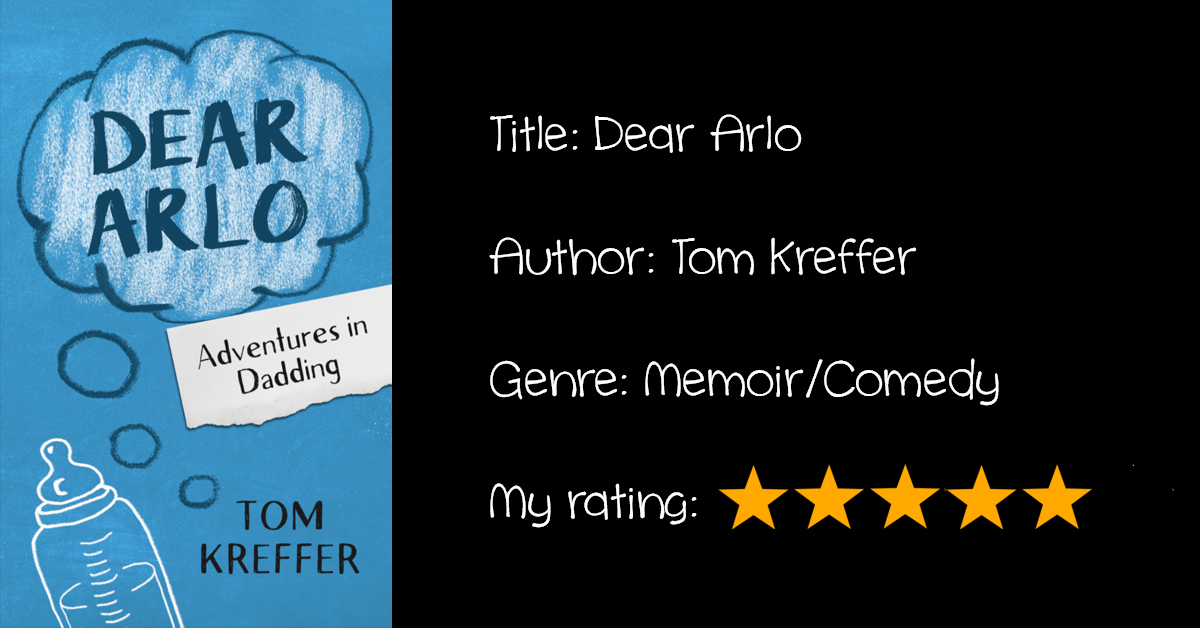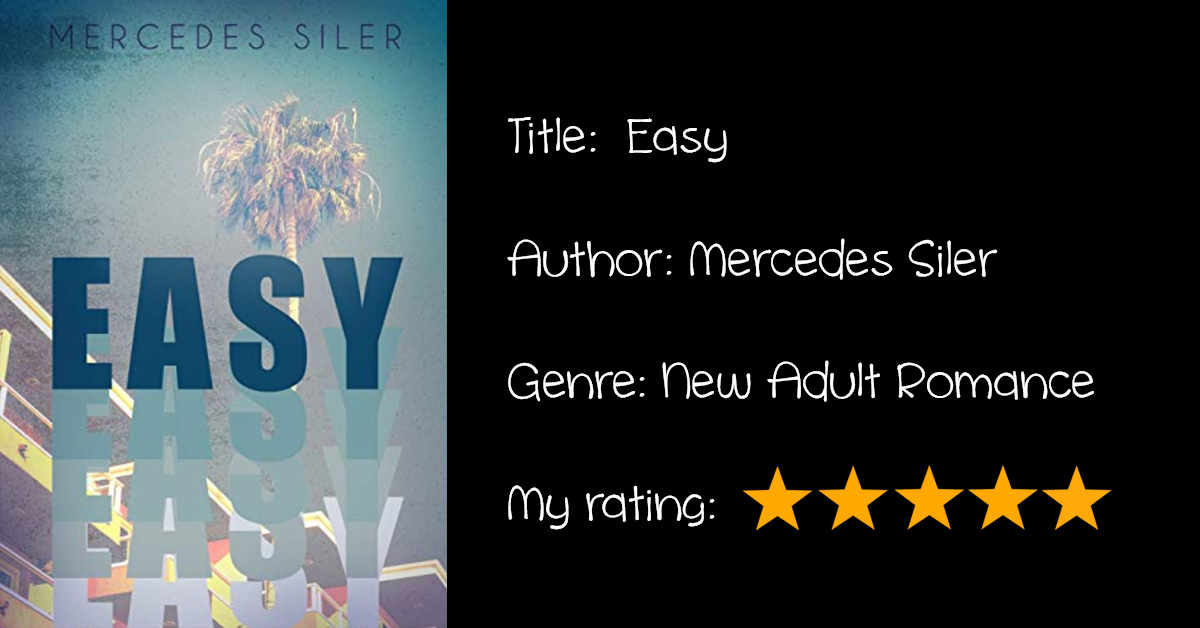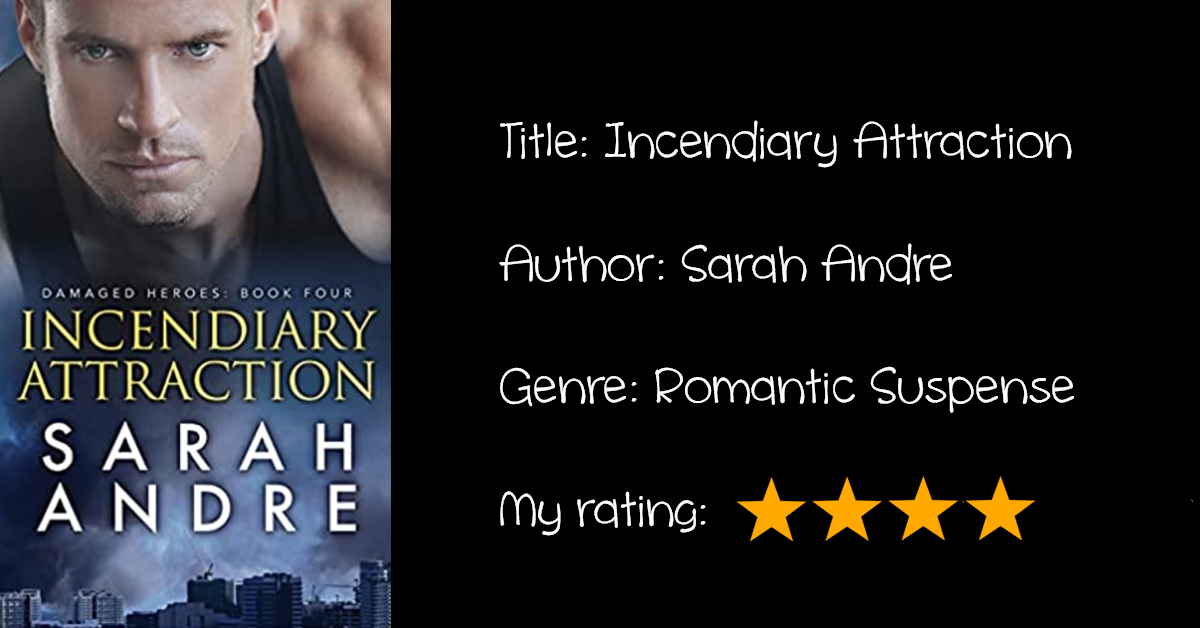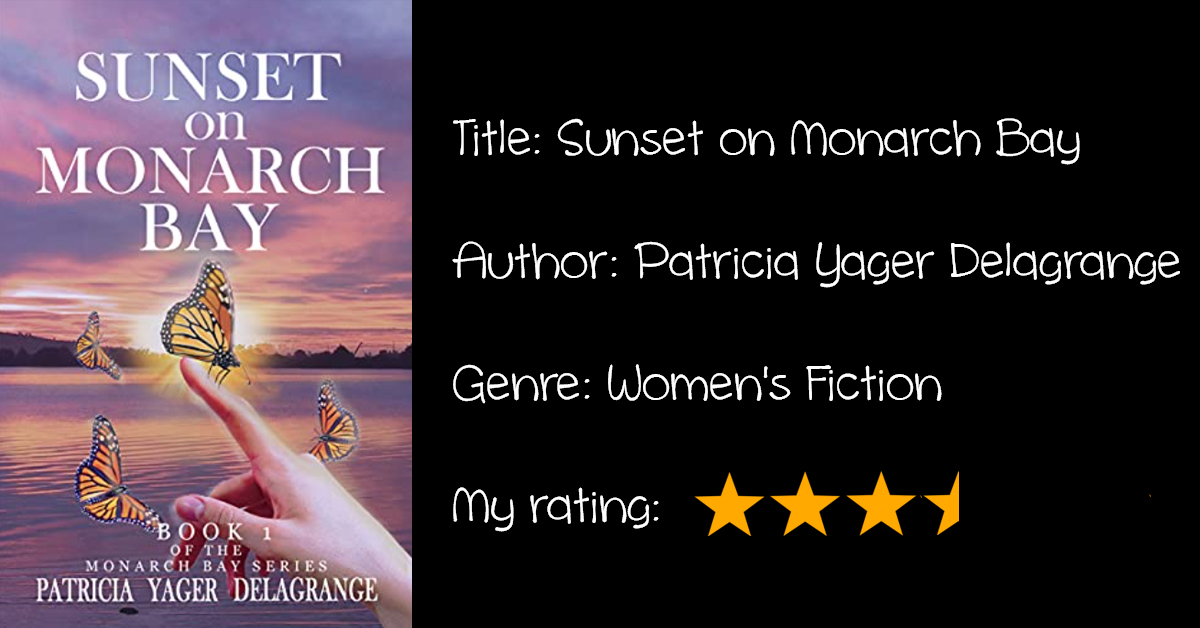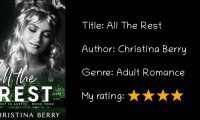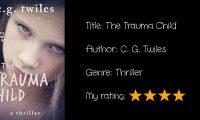Review: “Dear Arlo”
An irreverent, humorous reflection of the emotional rollercoaster of early fatherhood
This was my twenty-first book I chose via the Reedsy Discovery program, for which I am the single approved reviewer for this new book. I loved the first in the series, Dear Dory, and was contacted by the author to also review this one. This review also appears on Reedsy.
If you’re interested in becoming a Reedsy reviewer (and have the chance to get paid “tips” to review books!) check it out here.
The Premise
After finding cathartic solace in penning a “journal” of sorts to his unborn miracle baby via Dear Dory, the author continues writing a journal after Dory — now renamed to Arlo — is born. From diaper disasters to dealing with illness and possible disability — not to mention parenting during a pandemic, the journal entries unwind to showcase the author’s gradual evolution into the role of fatherhood, with the unfailing (and at times overruling!) support of his partner.
The Pros
After enjoying “Dear Dory”, I was thrilled to dive into the sequel. I was not disappointed; it kept me thoroughly entertained and feverishly speed-reading late into the night.
After lengthy ruminating on the idea of fatherhood, “Daddy” is shocked to be thrown right in:
I’m surprised that I’m being allowed to operate a few-minutes-old baby, given my serious lack of qualifications and current mental state. […] Fatherhood begins today. Right now. There’s no transition period, no trial run, no supervised training, no e-learning module you can consult, and no simulation that you can fuck up as many times as you need to until you get it right. This is now my life.
His amazement soon turns into the sleep-deprived daze of early fatherhood — blundering his way through triumphs, pitfalls, and “dadding” moments that would make any parent smile in heartfelt solidarity:
I stand, pause, creep towards your Moses basket, delicately lower you in, and then slowly back away from the biological wad of C4. Please don’t let the bomb go off, please don’t let the bomb go off, please don’t let the bomb go off. It hasn’t gone off. Yes! Now, back to b— ‘Whhaaaa.’ KABOOM.
I laughed at the grossness of a shared parenting moment (“with that description, how could I not?”), as well as the rare solo “F**K IT” moment when you’re too exhausted to follow the parental protocol (a thorough clean of the baby) and just give a quick wipe instead — because no one will know (trust me, we’ve all been there!)…
The narrative swings from cringe-worthy hilarity — the abject terror of in-public “All In One” nappy changes — to any parent’s horror: the fear of making a wrong decision that can affect his son forever; a “Santa-isn’t-real” moment.
In the midst of this, the pandemic hits, and he has to adapt to isolating — a difficult task for such a loving, close extended family; and to working from home — an impossible task when his partner dumps their son on him right before a meeting.
As the pandemic worsens, suddenly the stockpiling/panic-buying he would have otherwise thought ridiculous becomes very real, now that he has the responsibility of provider: how much formula would a baby need? And, even worse, would his son’s upcoming surgery be considered “non-urgent”?
Throughout it all, he frequently highlights how amazing “Mummy” is. I strongly suspect there was some guilt at her portrayal in the first book, because he went far too light on her here 🙂 :
She puts her soul into your well-being, and she would do anything to ensure your safety and contentment. […] I know of this woman, Arlo, and she has this job that she works 24/7 – never taking a single second off. This woman is your mummy.
Despite his immature silliness (which he’s quite proud of), a profound maturity emerges as he realises his recklessness is a thing of the past, now that he is accountable if he burdens his family.
Also, now, his clock-watching no longer anticipates the work day’s end, but the beginning of family time, and he intentionally disconnects from everything else, appreciating the small incremental moments of Arlo’s growth and development.
To be all in, to be grateful, to be present — these are the messages that stay with us, as well as our own awe at the blank canvas we find in the eyes of a baby:
Is it beauty, possibility, potential, promise? Or perhaps there’s envy. […] Or maybe there’s peace and love, and faith in the next generation who will inherit the earth and, hopefully, leave it in a better place than when they found it.
Conclusion
This comedic memoir hit home for me personally, as I also struggled (and still am struggling!) my way through early parenthood in a pandemic. Overall, it was a joyride of a read that will resonate with parents everywhere. The author shares vulnerable and scary moments alongside the gross and silly ones, opening a door into a viewpoint often not appreciated: “dadding”. I would highly recommend to other adult readers, particularly parents or aspiring parents, as it is a no-holds-barred memoir that gives true insight into what parenting can be like.
